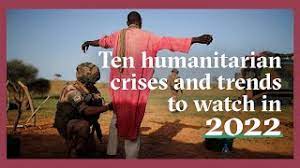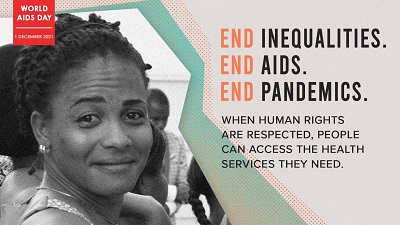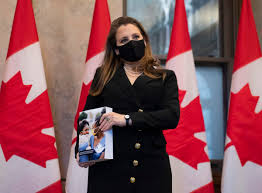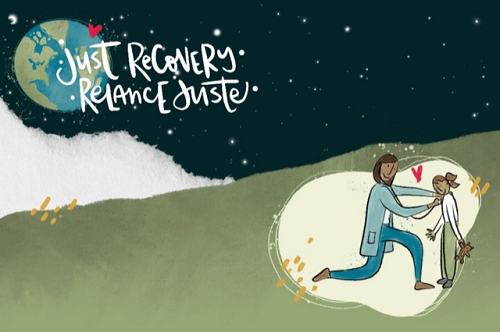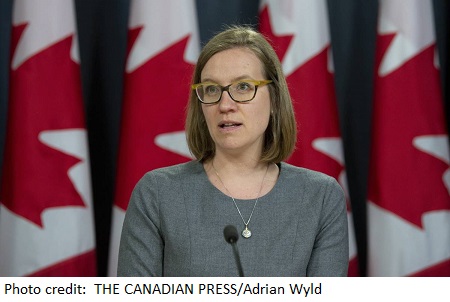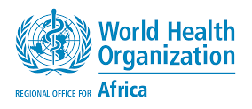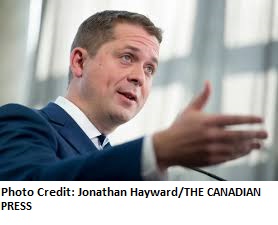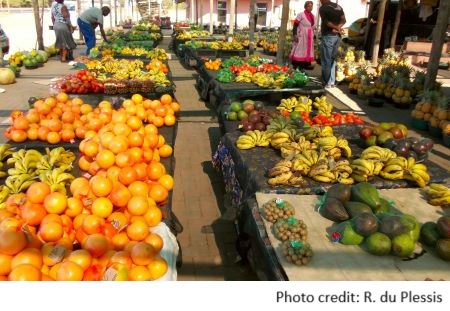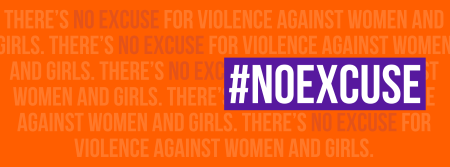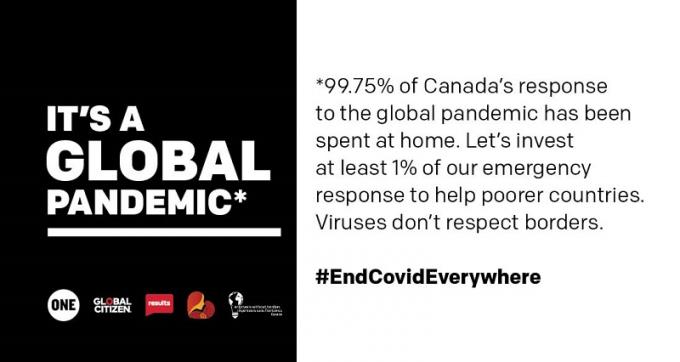
The federal Liberal Party made a commitment in its 2019 election platform to “…continu[e] to increase Canada’s international development assistance every year towards 2030, reflecting our commitment to realizing the United Nations’ Sustainable Development Goals.”
More than a year into the pandemic, governments around the world are still scrambling to deal with the health emergency and its economic repercussions. Developing countries have been especially hard hit.
In its 2019 ODA report, the OECD (Organization for Economic Cooperation and Development) recently noted:
“The way the COVID-19 pandemic is unfolding will have long-lasting repercussions on developing countries that go well beyond any direct effects on their health care systems and will affect key sectors that generate revenue… as well as create major socio-economic disruptions."
We are learning wide-reaching lessons from this pandemic: how interconnected we all are; the need for international cooperation to tackle global issues; the importance of supporting vulnerable populations; and the need to strengthen health care systems and address systemic inequalities. We fevervently hope that this current awareness will motivate both individuals and governments to commit to investing in a just recovery for all.
Now, more than ever, we will look to the Canadian government to pay its fair share of international aid and to address systemic inequities. Currently Canada spends only 27 cents for every 100 dollars of our Gross National Income (GNI) on international assistance.
In 2018 the Canadian government developed a forward-looking and progressive Feminist International Assistance Policy, but we still haven’t seen the necessary increases in investment to allow for implementation of this ambitious policy.
We have the opportunity coming out of this pandemic to commit to a just recovery for all. Canada can demonstrate leadership in this effort, but it must begin by increasing its investment in international aid.
